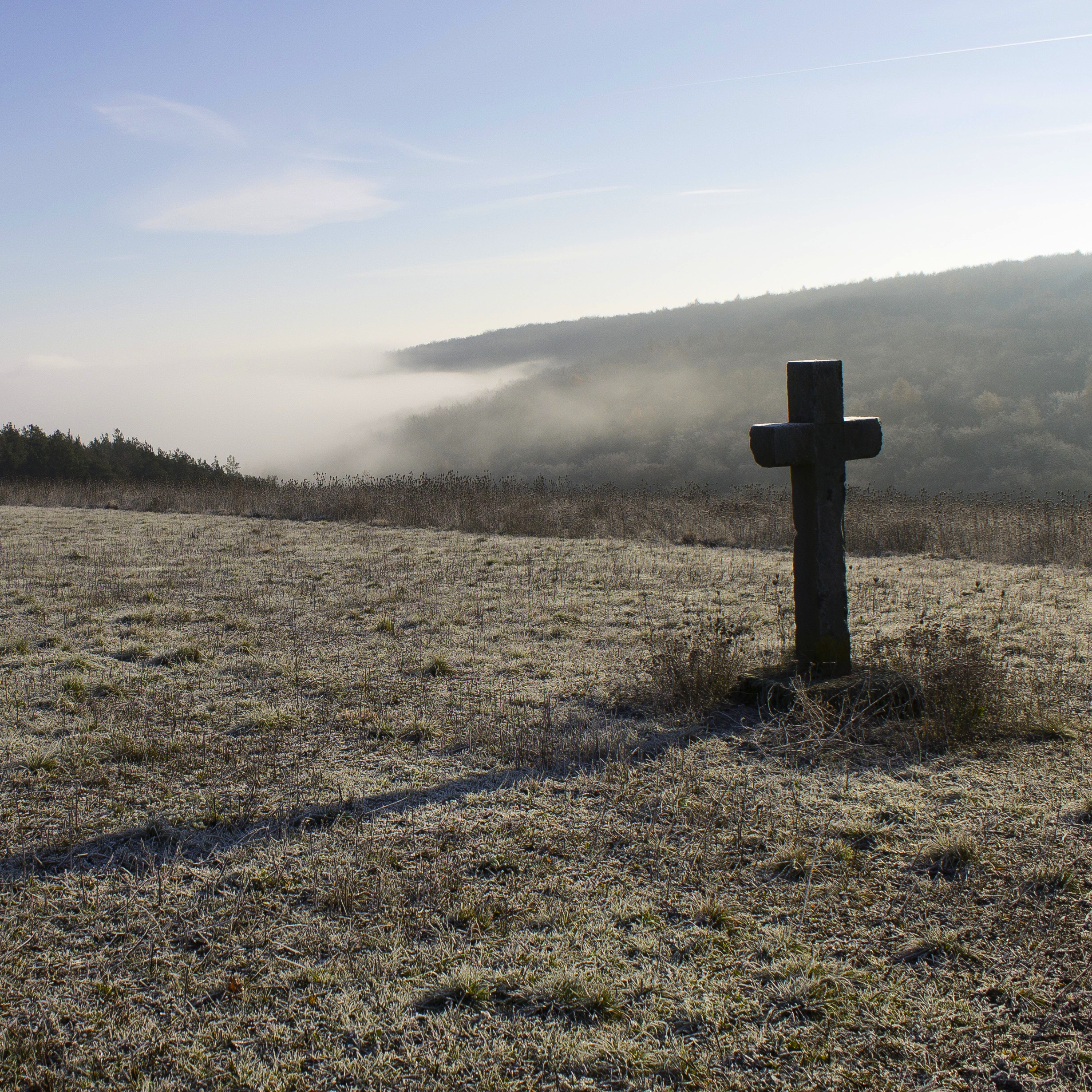From Chapter 5 of Preparing the Way: A Social Justice Study for Lent. We’re offering this free resource to you and your congregation as we walk through the season of Lent together. Download the full PDF here.
Scripture: Deuteronomy 24:14-15 (NRSV)
You shall not withhold the wages of poor and needy laborers, whether other Israelites or aliens who reside in your land in one of your towns. You shall pay them their wages daily before sunset, because they are poor and their livelihood depends on them; otherwise they might cry to the Lord against you, and you would incur guilt.
Ezekiel 22:29 (NRSV)
The people of the land have practiced extortion and committed robbery; they have oppressed the poor and needy, and have extorted from the alien without redress.
Isaiah 58:6-9 (NRSV)
Is such the fast that I choose, a day to humble oneself? Is it to bow down the head like a bulrush, and to lie in sackcloth and ashes? Will you call this a fast, a day acceptable to the LORD? Is not this the fast that I choose: to loose the bonds of injustice, to undo the thongs of the yoke, to let the oppressed go free, and to break every yoke? Is it not to share your bread with the hungry, and bring the homeless poor into your house; when you see the naked, to cover them, and not to hide yourself from your own kin? Then your light shall break forth like the dawn, and your healing shall spring up quickly; your vindicator shall go before you, the glory of the LORD shall be your rear guard. Then you shall call, and the LORD will answer; you shall cry for help, and [the LORD] will say, Here I am.
Social Justice Reflection
In this season of Lent, we are challenged once again to hear the voice of the Lord calling us to repentance and holy living. This calling reverberates from our individual lives to the life of our community. From cover to cover, the Bible is clear that how we treat the vulnerable among us is an indicator of our relationship with God.
For many of us in the United States, the oppression of “poor and needy laborers” happens behind the scenes, out of sight and out of mind. It happens every time an unethical employer cheats on the paychecks, knowing that he can get away with it. It happens every time workers are denied their human dignity on the job, whether they are refused the chance to use the bathroom or get help for an injury.
Today, farmworkers remain one of the most vulnerable populations in society. Eighty five percent of our fruits and vegetables are picked by hand, yet nationally, farmworkers’ average annual income is $11,000; for a family it is approximately $16,000. Farmworkers on the East Coast earn about 35% less than the national average. In addition, farmworkers are paid nearly 50% less per week than other wage and salary workers. The percent of farmworker families living in poverty is nearly double that of other working families in the US. Most farmworkers are exempt from minimum wage laws, and all are exempt from overtime provisions, despite long workdays during peak harvest.
Despite pervasive poverty, less than one percent of farmworkers collect general assistance welfare nationwide. Only 10% of farmworkers report having health insurance through an employer health plan. Fewer than four out of 10 workers interviewed said that they would receive unemployment benefits if out of work. Finally, nearly five out of 10 farmworker households in North Carolina reported not being able to afford enough food to feed their families.
Going back to the legal institution of slavery, there is a deeply ingrained societal norm that farmworkers should be treated differently than other workers and don’t deserve better conditions. This is reflected today in the belief that if people just work hard enough, they will be able to get better jobs. It can also be seen in attitudes by some growers, policymakers, and others who believe that the status quo is acceptable.
What does it say about our society – and our relationship with God – that those who pick our food don’t have enough to eat themselves? In Deuteronomy, God commanded that protections be put in place for those who were vulnerable to abuse and exploitation. These protections applied both to native Israelites and also to foreigners working the land. In the prophetic texts from Isaiah and Ezekiel, it’s clear that the people did not listen to God’s command, and they are subject to judgment because of their disobedience.
How can we respond to the injustices of our time? Isaiah makes it clear that acts of religious piety by themselves are not enough; we are called to break the bonds of injustice, to share our bread, to let the oppressed go free. Only then will the light of the people of God shine for all to see. As we turn and repent this Lenten season, let us join the movement for justice for farmworkers and all those who stand at the margins. As César Chávez said: “What do we want the church to do? We ask for its presence with us, as Christ among us. We ask the church to sacrifice with the people for social change, for justice, and for love of brother and sister. We don’t ask for words, we ask for deeds. We don’t ask for paternalism. We ask for servanthood.”
Closing Prayer
Bless the hands of the people of the earth,
The hands that plant the seed,
The hands that bind the harvest,
The hands that carry the burden of life.
Soften the hands of the oppressor and
Strengthen the hands of the oppressed.
Bless the hands of the workers,
Bless the hands of those in power above them
That the measure they deal will be tempered
With justice and compassion. Amen.
(Prayer adapted from: http://nfwm.org/education-center/worship-resources/prayers)
Link
-Chris Liu-Beers, Program Associate

